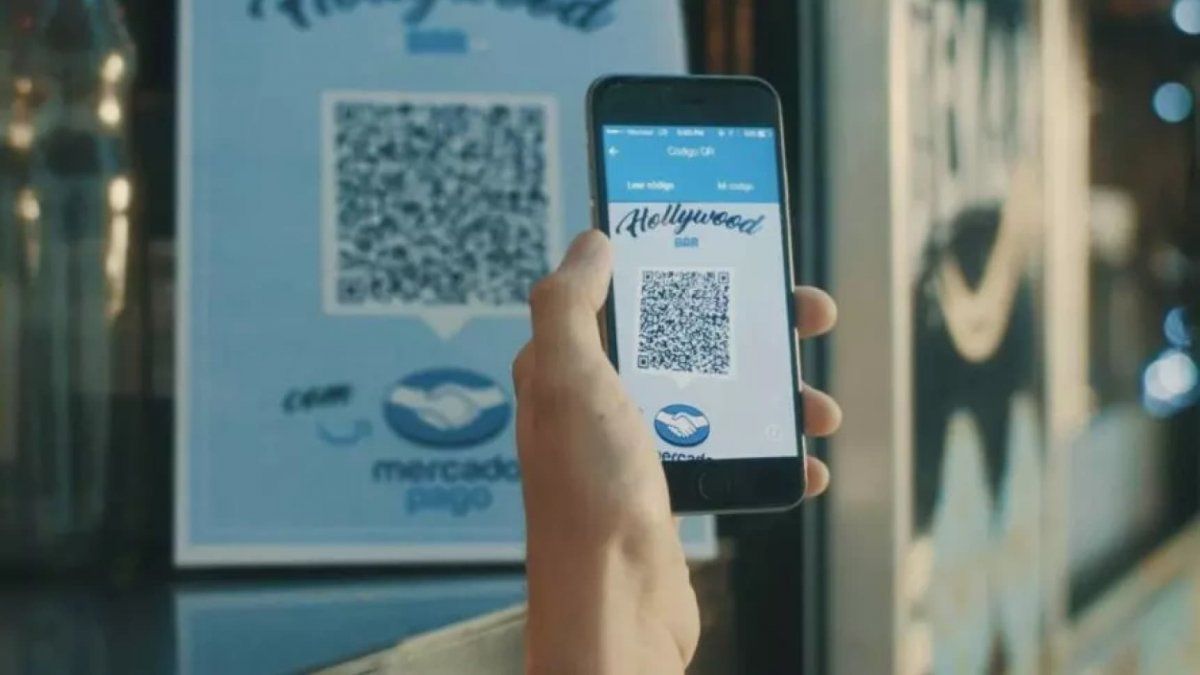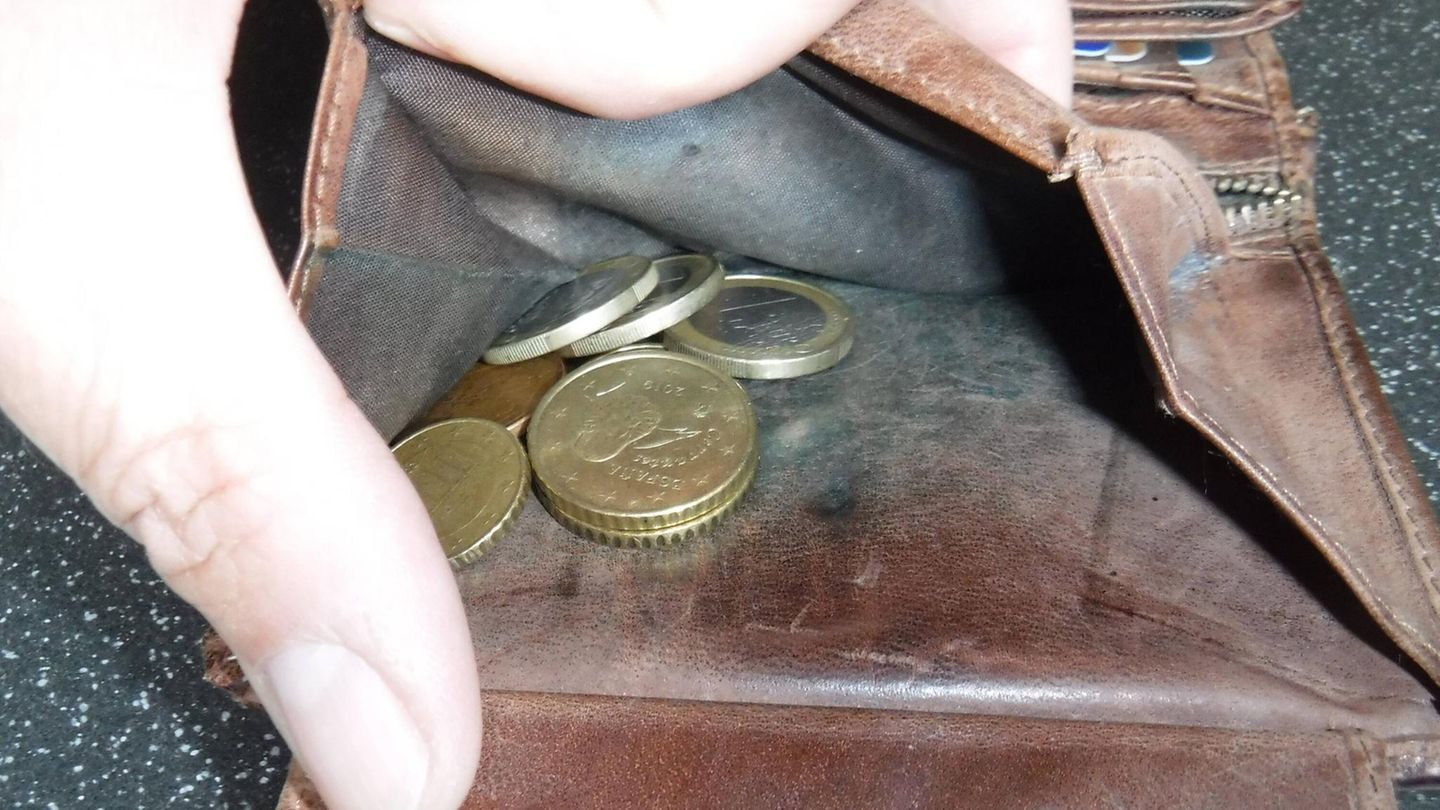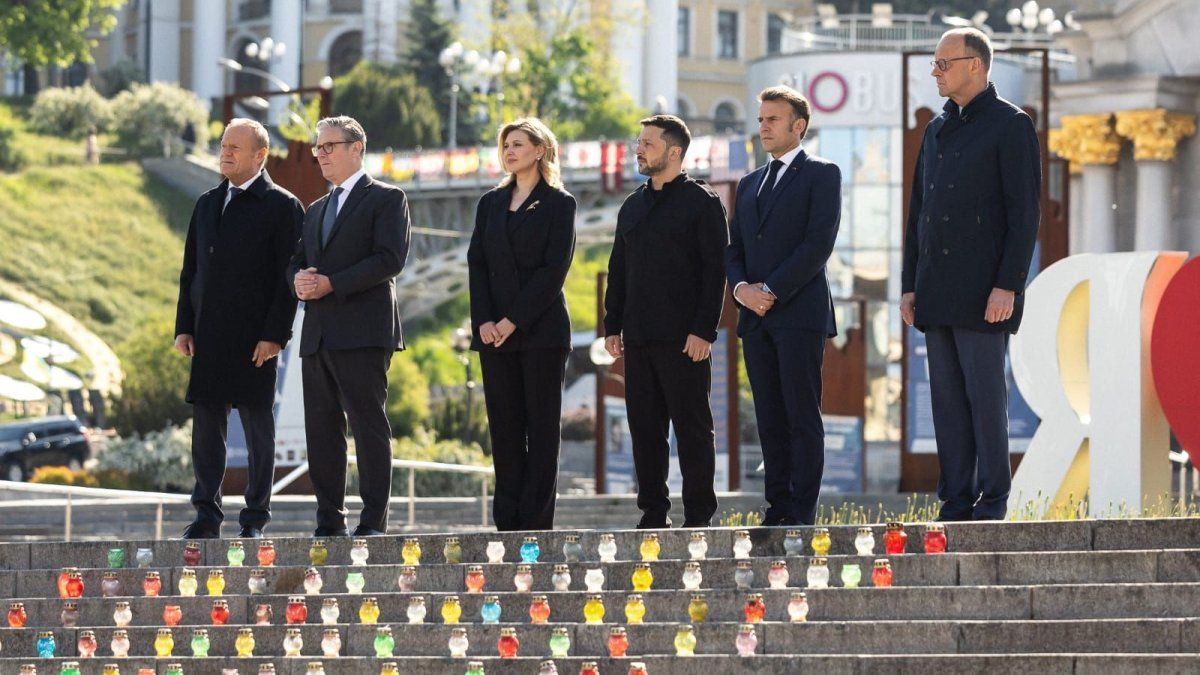The directory of Central Bank (BCRA) took two measures this Thursday in which it benefited, in some way, Payment Market. On the one hand, it extended until March 1, 2024 the deadline to carry out the migration to immediate pull transfer (TIP) from DEBIN to fund deposit accounts. virtual wallets. On the other hand, it once again extended the entry into force of the interoperability of QR codes to charge with credit card for virtual wallets. And that generated repercussions in the sector. What do the main actors on the topic say?
“We have already enabled the system with pull transfers and works fine“, said to Pierpaolo Area Barbieri, CEO of Ualathe second most important wallet in the country, which this Friday also launched its credit card.
And he pointed out that this Pull transfer system allows loading the wallet of Uala account from any other account or a bank account: “You link it once and that’s it,” he summarizes. Thus, the Fintech businessman highlighted that they are ready to comply with the regulation when necessary.
The problems of Debin vs. Pull Transfers
A source of another wallet points out that a problem that arises is that DEBIN allows you to “suck money from banks, but it does not allow you to do it from Mercado Pago.” But the pull transfers, yes and believes that “that levels the playing field.”
Likewise, he explains that DEBIN was a mechanism that was used to pay for services automatically from the walletsbut the wallet Free market He started using it to fund the accounts.
“The problem is that does not guarantee the same transparency and security For this purpose, pull transfers: a system that was agreed upon by all financial actors, including representatives of Mercado Pago,” the sources warn.
Thus, as pointed out by BCRA In a statement on the matter, “the norm aims to improve user experience and businesses, enhance the iinterconnection of payment systems and prevent the existence of monopolistic maneuvers”.
GALPERIN CENTRAL .png
Marcos Galperin has been questioning the BCRA regulation for some time.
“We are surprised that Free market I don’t want a freer market,” says a fintech voice. However, MercadoPago considers that it is a decision that will affect 4 million users and resists moving forward in this direction. He insisted so much that, finally, he twisted the wrist of the BCRA and managed to have the validity of the rule postponed.
Interoperability, another battle that Mecrado Pago won against the BCRA and the banks
Added to this, on the other hand, is the fact that the BCRA postponed the validity of interoperability for credit card payments through the QR code system. Again, the main reason for this decision was Mercado Pago’s opposition to opening its QR network to other operators.
As explained by a source from the virtual walletsthe entry into force was scheduled for December 1 and what the BCRA was to improve competition with this initiative. “The idea is to generate conditions of interoperability so that it could be paid with all wallets and there would be price competition between operators because not all of them currently charge the same commissions,” he details.
Some are more expensive than others. In this way, if finally at some point the interoperabilitycommerce and users could choose which wallet to use according to the conditions offered by each one.
For example, currently, with MODO, you can read a large number of QRs, except for Mercado Pago, which does not allow interoperability. And that is a problem for the development of this dynamic of greater competition given that the company is the main operator in the QR code market.
Questions from other wallets to Galperin
In the sector, the main competitors of the company Marcos Galperin it catches their attention the reaction of Payment Market and they point out that “the owner of the company constantly proclaims to be in favor of freedom and free competition, but refuses to comply with this norm that promotes, precisely, those values.”
“We support the payment interoperability and charges so that everyone has their money freely,” says the founder of Ualá from his networks. And he explains that, although it is not convenient for them commercially, given the size of the company, they believe that “competition increases.”
The same is maintained by other operators who consider that the new government should aim to promote free competition of the financial sector, which includes wallets, banks and other Fintech operators. In this context, they hope that the appropriate regulations will be approved to encourage this dynamic. Not only the interoperability of QRs and Pull transfers as a funding mechanism, but others that promote business growth for all actors.
Source: Ambito
I am a 24-year-old writer and journalist who has been working in the news industry for the past two years. I write primarily about market news, so if you’re looking for insights into what’s going on in the stock market or economic indicators, you’ve come to the right place. I also dabble in writing articles on lifestyle trends and pop culture news.




